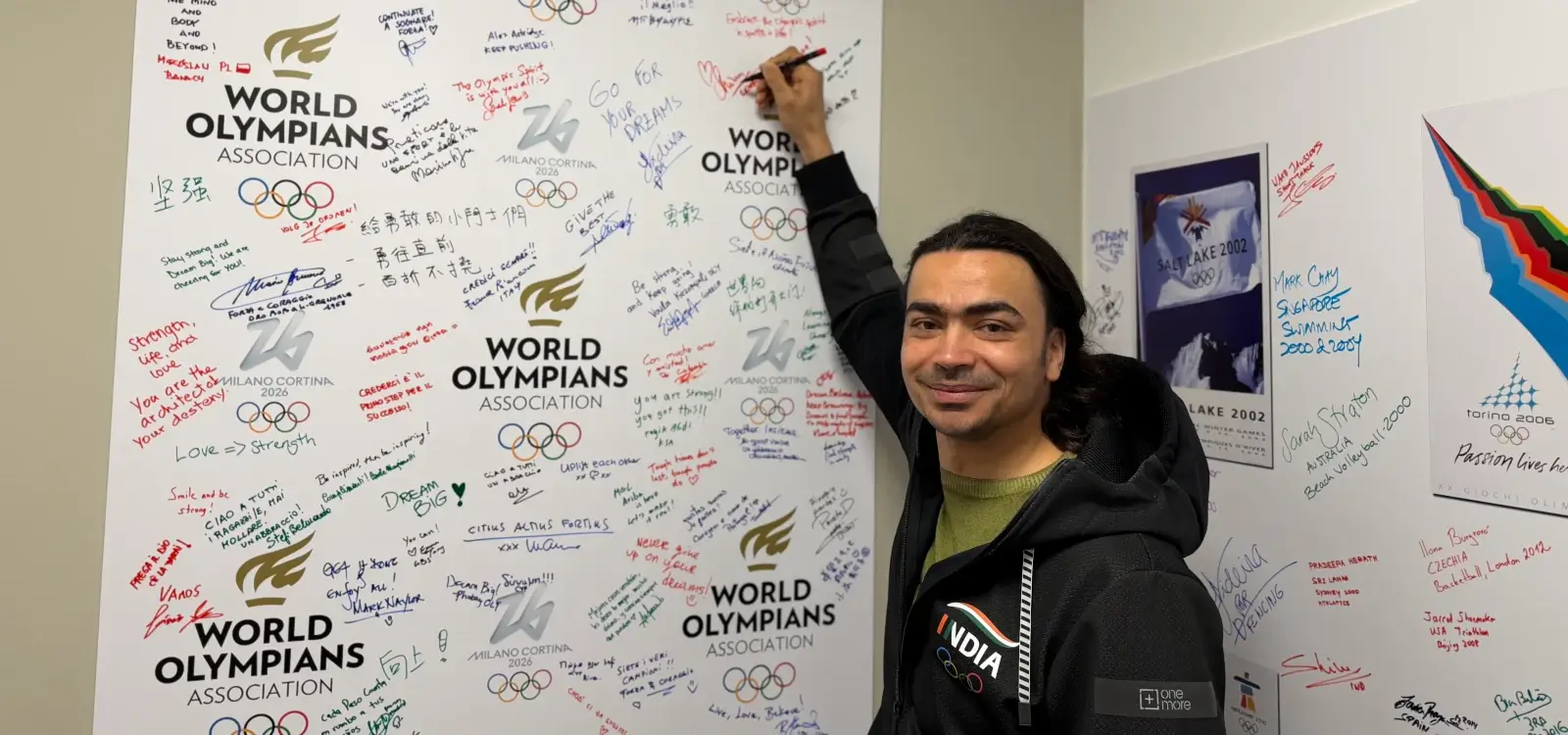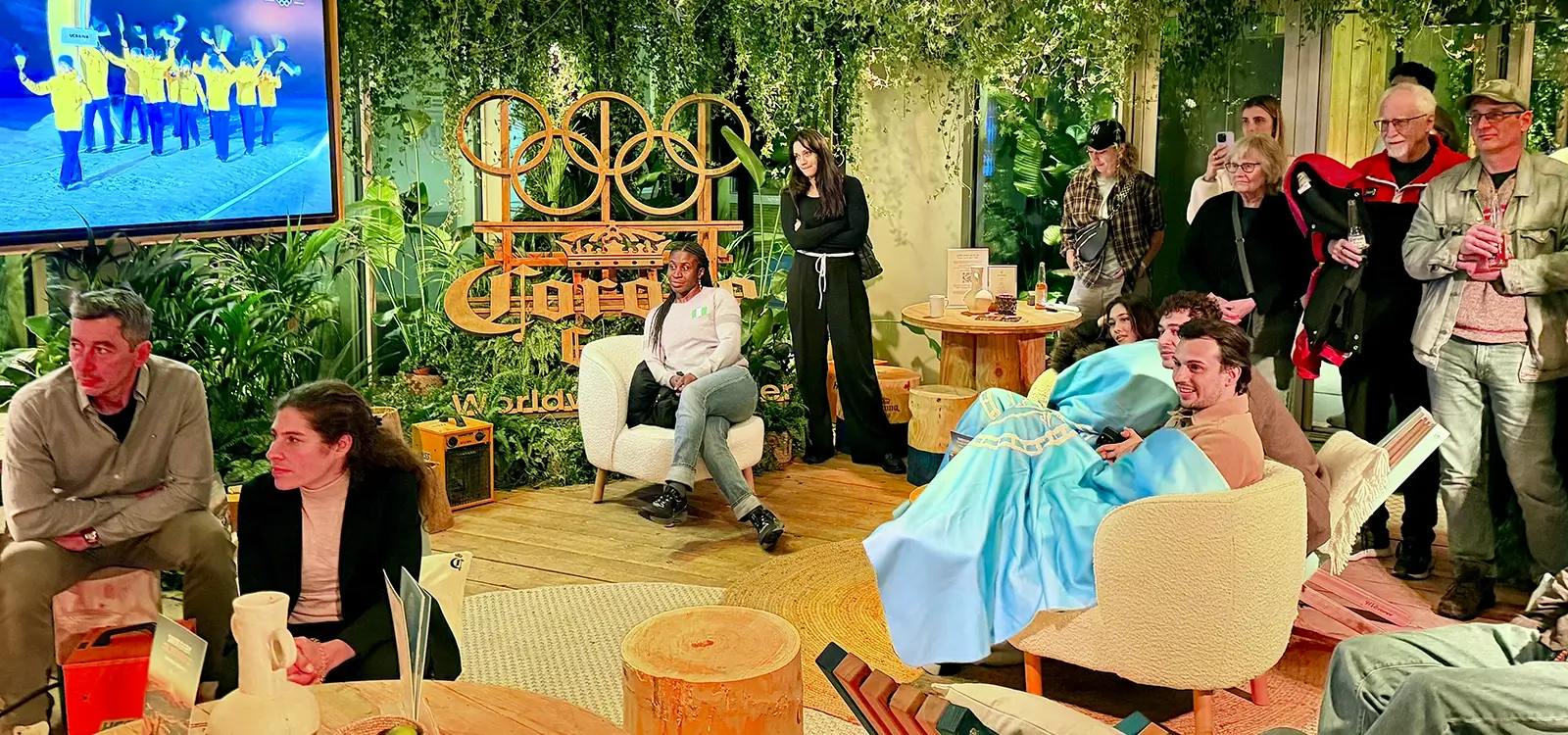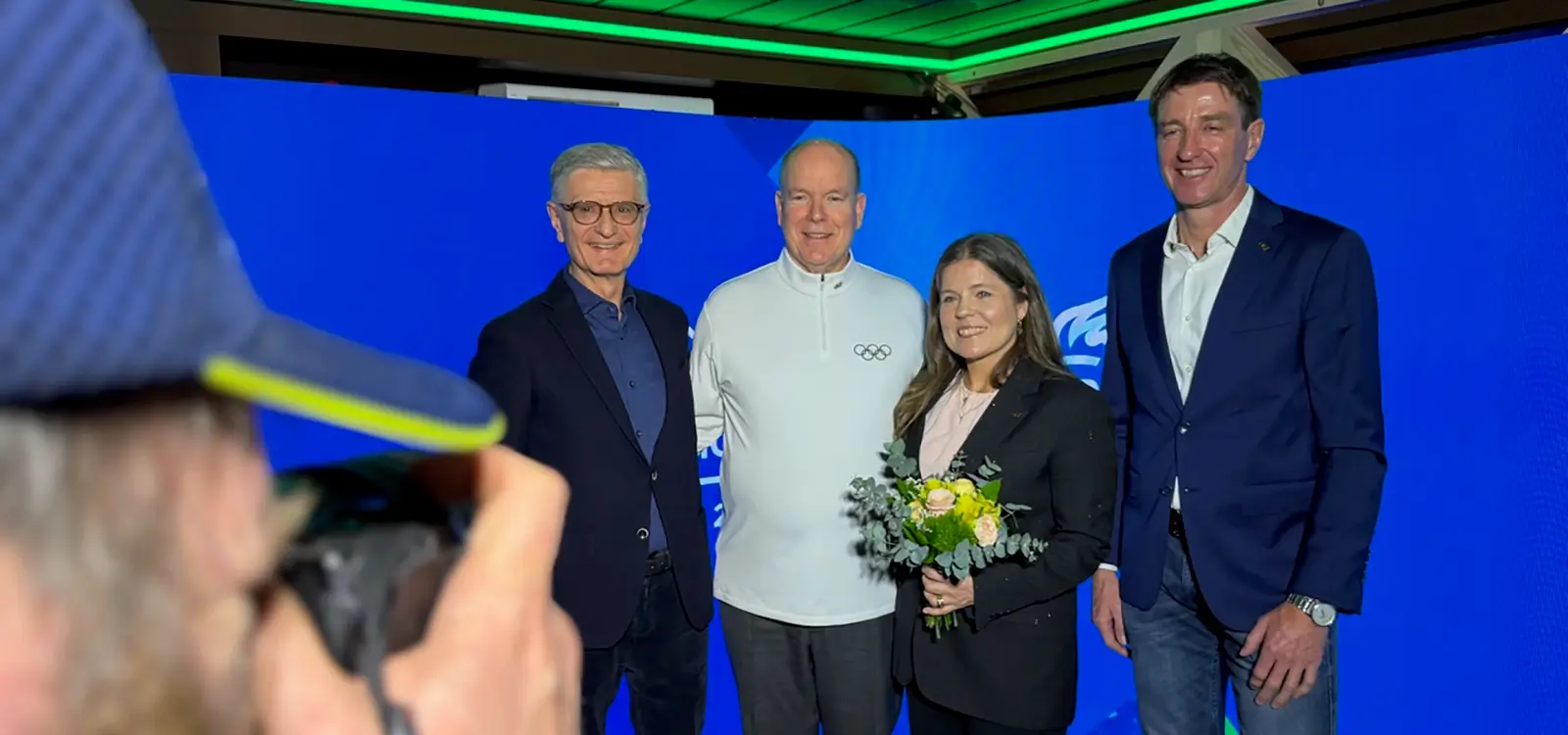2 Years to Go: Olympians Guiding Tokyo 2020 Preparations
24 | 7 | 2018
With two years to go to Tokyo 2020, WOA caught up with Olympic Champion Koji Murofushi OLY, who is now the Sports Director for the Tokyo Organising Committee of the 2020 Olympic Games. The four-time Olympian is enjoying his role and has been a voice for athletes in the preparations for the Games of the XXXII Olympiad.
How are preparations progressing with two years to go to Tokyo 2020?
I am confident that we are on track to deliver a successful Games. One venue has already been completed and construction of the other venues is well underway.
We have had a series of announcements recently including the schedule for the Tokyo 2020 Torch Relay, the competition schedule by session and the outline of the Olympic Games ticket prices. The Olympic mascot “MIRAITOWA” and the Paralympic mascot “SOMEITY” have also been debuted.
As preparations progress, public interest is gradually increasing, and I am now able to visualise how the Games will look. It is starting to sink in that the day is approaching, which is exciting.
What can new and returning Olympians look forward to at Tokyo 2020?
Tokyo 2020 will provide the best experience for both athletes and spectators. I am positive it will be a most memorable Games for all Olympians. I hope every single Olympian will enjoy not only the Games but also my country of Japan.
With 33 sports and 339 events in total, Tokyo 2020 will see more medals - the most ever gold medals in the Olympic Games history! This will create an incredible buzz for athletes and fans around the world. We will deliver a truly Golden Games.
As Sports Director, what is your main focus at the moment?
The planning phase ended when the competition schedule was approved by the IOC Executive Board last week. We are now focused on the operational phase to ensure Tokyo 2020 is a success.
Additionally, the test events will commence this September. During this phase it’s important to prepare, train, perform and learn so that we, as sports administrators, can perform at our best on the real stage in two years’ time.
Tell us about your journey that led you to join the Tokyo Organising Committee?
My first Olympic experience was at Los Angeles 1984 where I watched my father compete. I was nine years old. The next time I went to a Games, I was there as an Olympian. I have been fortunate to have had a long career, competing at Sydney 2000, Athens 2004, Beijing 2008 and London 2012 and now I am here, working as an organiser for my home Games.
I am also fortunate to have experienced the Olympic Games from these various points of view: as a spectator, as an Olympian and as an organiser. Through these experiences I have realised it makes me happy to create environments where athletes can compete at their best and achieve their best results.
Are there any other Olympians working alongside you?
There are four Olympians working with more than 1,900 Olympic fans in the Organising Committee!
We always try to keep in mind the athlete’s point of view when dealing with any project. I am doing my best to reflect the view of Olympians. I would like to make use of my experience as much as possible to help make Tokyo 2020 the best environment for all Olympians.
Any advice to other Olympians who want to work in sports administration?
Sport is the best way to communicate with each other, where languages are not needed. Olympians have acquired communication skills through their sport experiences by overcoming all kinds of barriers. They can deal with any challenges that arise in harmony with other people and will always try to learn something from these experiences. Do not forget the skills you have learnt as an Olympian as they are invaluable in the workplace.
How important is it for Olympians to stay involved in the Olympic Movement after they have finished competing?
Every Olympian has overcome challenges to reach the top. It is the nature of sport. It is important for Olympians to share their story, not only about their success but also about their failures. This is an important mission for Olympians. We have to convey our stories and our journeys in order to inspire others.




